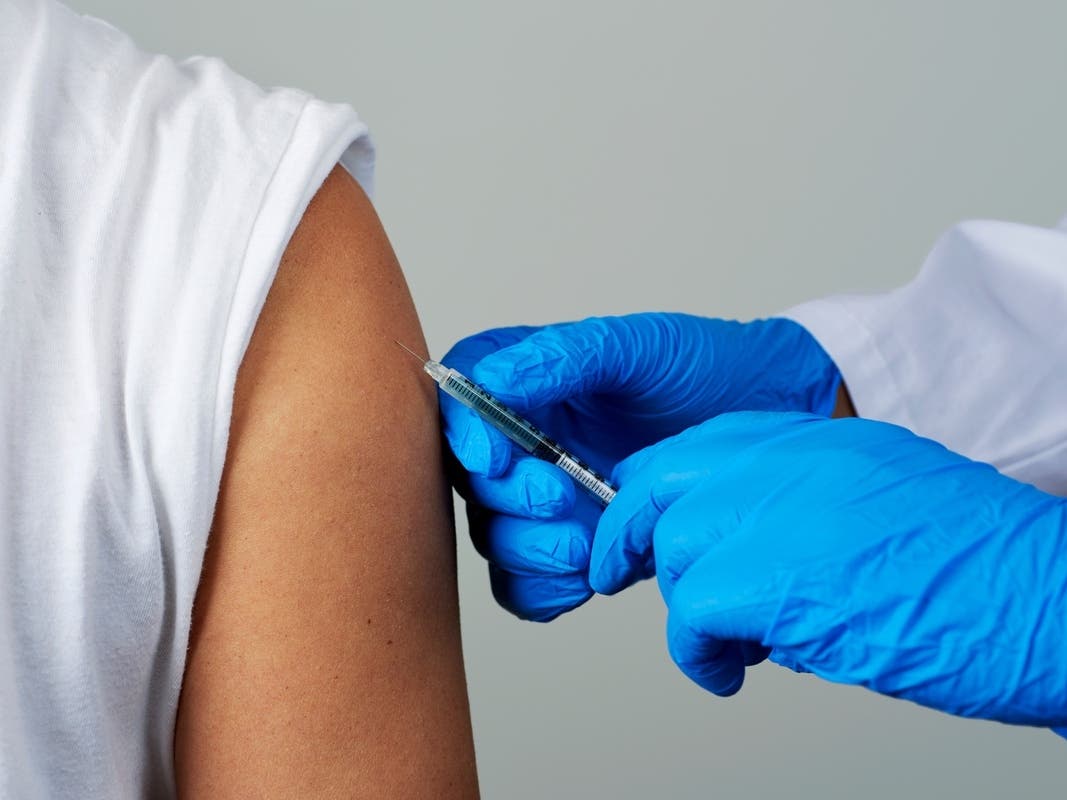Health & Fitness
Marina Del Rey Clinics That Offer COVID-19 Treatment Options
As the Golden State continues to mitigate new coronavirus variants, it's important to learn where to get therapeutics in your community.

MARINA DEL REY, CA — In recent months, public health officials have deemed COVID-19 an indefinite fixture, making it more important than ever for people to become aware of the available treatment options.
While the advent of vaccines significantly reduced the risk of hospitalization and death from a coronavirus infection, a handful of therapeutics have hit local clinics and have proven to reduce the risk of serious disease even more.
Across California, there are at least 4,600 clinics offering both antibody and antiviral treatments. In Marina Del Rey, there are seven clinics:
Find out what's happening in Marina Del Reywith free, real-time updates from Patch.
- Marina Del Rey Pharmacy
- CVS Pharmacy
- CarbonHealth
- Costco Pharmacy
- Ralphs Pharmacy
According to Los Angeles Public Health, Los Angeles County has seen 3,237 new cases as of Aug. 31, with a total of 3,408,413 cases to date. There have been 17 new deaths, with 33,155 deaths to date.
LA county scrubbed plans to re-impose another indoor mask mandate in July, citing downward trends in cases and hospitalizations.
Find out what's happening in Marina Del Reywith free, real-time updates from Patch.
Patch recently spoke with Dr. John Swartzberg, a professor of vaccinology and infectious disease at the University of California, Berkeley, to discuss the available options, which range from antiviral medications to intravenous treatments.
"I think everybody agrees that this virus is going to be with us for the indefinite future — maybe forever," Swartzberg said.
The latest coronavirus surge has been driven by the infectious omicron subvariant, BA.5, but even as that wave continues to subside, two more subvariants — BA.4.6 and BA.2.75 — are being closely monitored.
As the threat of other future variants loom, aside from keeping up with vaccinations, Californians should also be aware of treatment options and their different attributes, Swartzberg said.
While Swartzberg said most treatment options available today are likely to remain effective against the omicron subvariants and new variants that arrive, the threat of more variants is still a concern.
SEE ALSO: Find COVID-19 Therapeutics Through This Search
"I'm worried about the unknown-unknown," he said. "What's out there that we haven't recognized yet? ...For it to survive, [this virus] has to continue to change."
Those who fall ill from a COVID-19 infection should visit their physician to determine which treatment should be prescribed.
Here are the options available to treat COVID-19.
1. Paxlovid
For most people who develop COVID-19, Swartzberg said Paxlovid, an antiviral drug, is often the first drug of choice.
Paxlovid can be administered up to five days after the onset of symptoms and requires a doctor's prescription. While the most desired COVID-19 drug is Paxlovid, Swartzberg said in some cases it could be contraindicated by other drug interactions.
"For example, if you're taking an anticoagulant, you can't take Paxlovid," he said.
Paxlovid is available under Emergency Use Authorization through the U.S. Food and Drug Administration.
2. Remdesivir
The second drug of choice, Swartzberg said, is Remdesivir, which was the first drug approved to treat COVID-19 in 2020. It is the only antiviral treatment to receive full FDA approval. For those who can't take Paxlovid, he said Remdesivr is often the second-most effective option, yet it is not as widely available as other treatments.
Acceptable for both children and adults, Remdesivir is administered intravenously and must be given in a health care system.
"A lot of people don't want to get it since it's intravenous," Swartzberg said, noting that the three-day injection is less convenient than other treatments.
Children must be at least 28 days old, weigh more than 6.5 pounds and either be hospitalized or at high risk for severe disease.
3. Monoclonal Antibodies
According to Swartzberg, for those who cannot take or access Paxlovid or Remdesivir, the third choice is often Bebtelovimab, a monoclonal antibody treatment.
For those who can't access Bebtelovimab, Molnupiravir is sometimes given and is typically the fourth best option, he said. According to Swartzberg, Molnupiravir is well tolerated and can be given to adults, but it may affect bone development in children. It should not be administered to pregnant people, he said.
Authorized in February, Bebtelovimab is available to adults and children 12 and older weighing at least 88 pounds. It is mostly offered to those who have a high risk of developing severe disease from COVID-19.
It's a one-shot intravenous injection that must be given within seven days of the onset of symptoms.
Monoclonal antibody treatments are the only treatments that seem to react differently when pitted against new variants, Swartzberg said.
"We don't have a lot of data on it, but the data we have suggests that it's holding up against the newer variants," Swartzberg said of its effectiveness.
"Bebtelovimab attacks the virus itself, it attacks it at specific sites and that's why as you get these new subvariants, they may lose those sites and so the monoclonal antibody doesn't work anymore," he said. "That's what we've seen with a lot of the predecessors."
Evusheld, another monoclonal antibody, serves immunocompromised people who are not recommended to get a COVID-19 vaccine due to a history of severe adverse reactions, according to the FDA.
Get more local news delivered straight to your inbox. Sign up for free Patch newsletters and alerts.